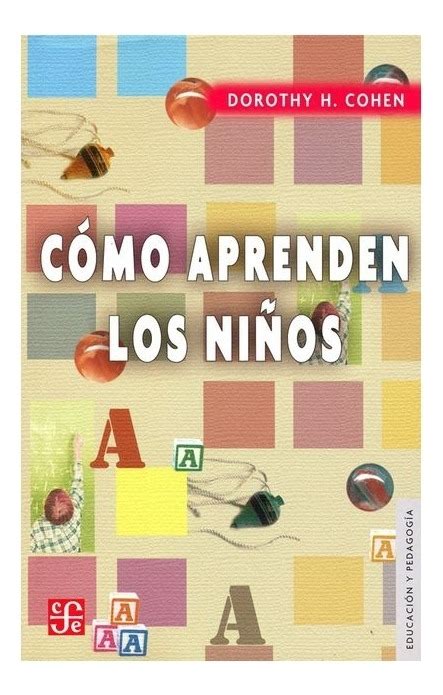A Quote by Ann Cotton
To expose the hardships experienced by children who are deprived of the right to attend school, Camfed has produced a series of films about educational exclusion. 'Every Child Belongs in School' provides a glimpse into the lives of children who have been forced by poverty to leave school at a very young age and take a difficult life path.
Related Quotes
Nevertheless, no school can work well for children if parents and teachers do not act in partnership on behalf of the children's best interests. Parents have every right to understand what is happening to their children at school, and teachers have the responsibility to share that information without prejudicial judgment.... Such communication, which can only be in a child's interest, is not possible without mutual trust between parent and teacher.
Going to school is not the same as going shopping. Parents should not be burdened with locating a suitable school for their child. They should be able to take their child to the neighborhood public school as a matter of course and expect that it has well-educated teachers and a sound educational program.
Young children learn in a different manner from that of older children and adults, yet we can teach them many things if we adapt our materials and mode of instruction to their level of ability. But we miseducate young children when we assume that their learning abilities are comparable to those of older children and that they can be taught with materials and with the same instructional procedures appropriate to school-age children.
I have seen a lot of men, for example, who will make a will and include their daughters whether they are married or not. And perhaps the greatest change of attitude is that today, at least in Kenya, if you don't send your child to school - unless it's a matter of poverty or religion, and it is not that there no schools - then people wonder, "why the hell don't you send your children to school?" Now that's a very big jump from when I was going to school and educating girls was an exception to the rule.
All the children in the world, when they go to school, have the right to study in their mother tongue. But we go to school and run into literary Arabic as children. It sounds like a foreign language. The words for "house" or "table" or "lamp" are not the same as the words we use at home, and most of the other words are alien to children at school. Classical Arabic is one of the prisons of the Arab world.



































